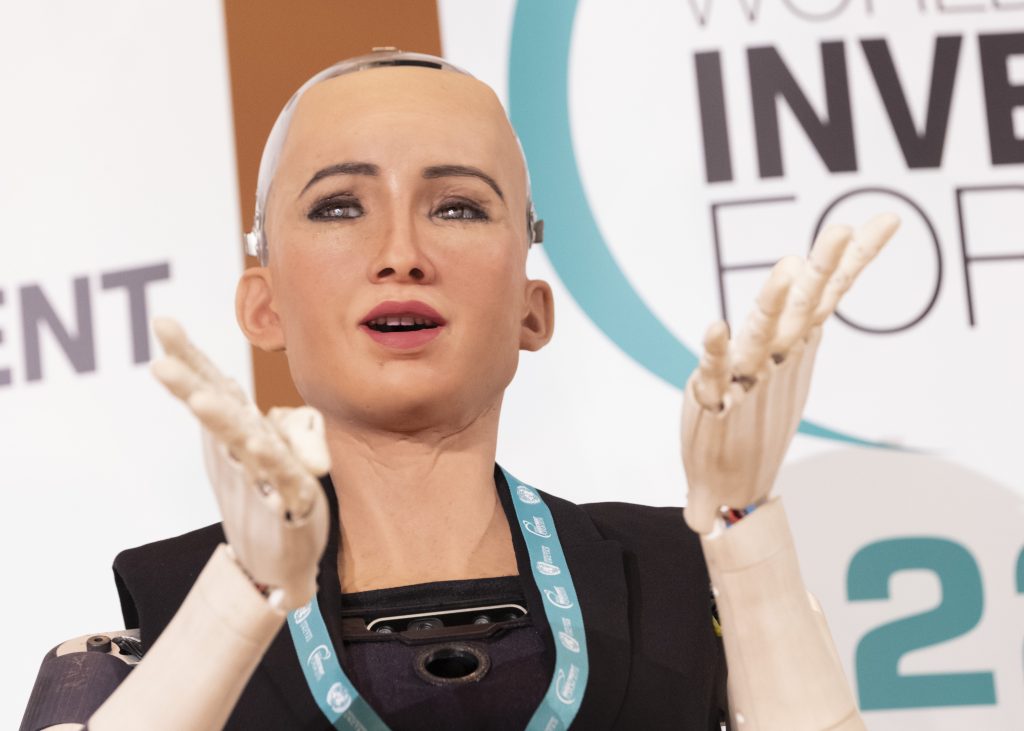
I think human augmentation will evolve to the point where we will have biotechnological body parts. If someone’s arm is amputated, then doctors and/or engineers can help/work together to give the patient a robotic arm. I believe technology will be very beneficial to society and will 100% make a large impact on the health industry. However, I also see a downside pertaining to the future of human augmentation in my lifetime. For example, Elon Musk and his team have already created a brain chip to implant in patients’ lives that allow them to control computers just by thinking. This can create many privacy issues when it comes to corporations owning basically a piece of our body. I think options will be very diverse in the future because, as time passes, human beautification rises. Meaning more and more people will want surgery to make themselves fit the standard at the moment. I’m not sure what specifically the options would be, but I know for sure that companies would take advantage of people’s insecurities and use that as monetization. For instance, we might see products marketed to make individuals feel “perfect” or “enhanced,” leading to a societal shift in what is considered normal or acceptable. This could create an environment where people feel pressured to conform to unrealistic standards, making it harder to embrace individuality. I would not be willing to try any adaptations that involve deviating from nature. All adaptations are unacceptable for me because I do not want to modify my body. However, for other people, they can do anything they want with their body because that’s their life; so that wouldn’t be unacceptable to me. Ultimately, while I see the potential benefits of human augmentation, I also think we must be cautious about the ethical and societal implications it brings.

